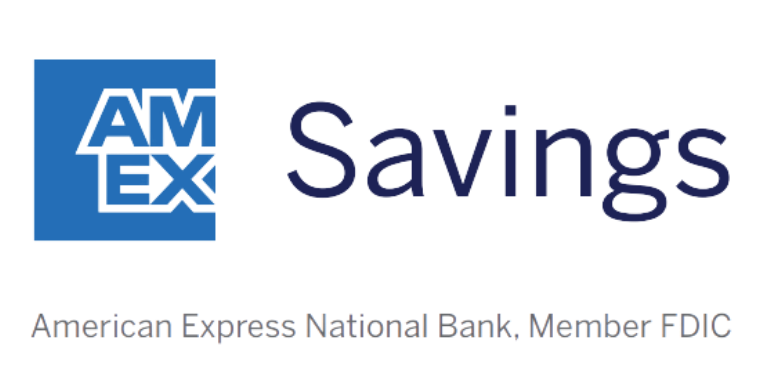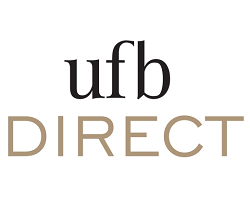A lot of people are rushing to open certificates of deposit (CDs) this summer. And there’s a good reason for that. Today’s CD rates are the highest they’ve been in years. But once the Federal Reserve starts cutting interest rates, which is expected to happen at some point in the not-so-distant future, CD rates could fall.
To be clear, it’s unlikely that we’ll go from 5% to 3.5% CD rates overnight. But in time, those rates could decline, so now’s a great time to take advantage of them.
But CDs aren’t appropriate for everyone. And if any of these signs apply to you, it means you’re better off staying away from CDs and choosing another home for your money.
1. Your expenses changed recently and you’re not sure how large of an emergency fund you need
It’s important to have money in a regular savings account that serves as your emergency fund. That emergency fund could bail you out in the event of an expensive home repair or a period of unemployment.
Our Picks for the Best High-Yield Savings Accounts of 2024
|
American Express® High Yield Savings 
APY 4.25%
|
APY 4.25%
|
Min. to earn $1 |
|
Western Alliance Bank High-Yield Savings Premier 
APY 5.31%
Min. to earn $500 to open, $0.01 for max APY
|
APY 5.31%
|
Min. to earn $500 to open, $0.01 for max APY |
|
UFB Portfolio Savings Account 
APY 5.15%
|
APY 5.15%
|
Min. to earn $0 |
If your expenses recently changed, though, then you may not be sure how much emergency savings you need. So you’re better off staying away from CDs until you figure things out.
Let’s say you bought your first home last month. You might still be adjusting to the various expenses that come with it, from property tax bills to maintenance.
Your emergency fund should have enough money to cover a minimum of three months of essential expenses. If you’re not quite sure what your monthly expenses entail just yet, wait to open a CD until you’re certain.
2. You’re saving for college or retirement and can do better with stocks
CDs are a great place to put your money on a short-term basis. But they’re not the most suitable vehicle for long-term investments because their returns tend to pale in comparison to what the stock market has the capacity to deliver.
The stock market’s average annual return has been 10% over the past 50 years. That’s roughly double the return of today’s highest CD rates. And we all know that 5% CDs aren’t going to stick around forever, and that they’re also way above the norm. So if you’re saving for your kids’ college that won’t start for another 15 years, or for a retirement you don’t expect to kick off for another 25, then stocks are a better bet.
Imagine you got a $5,000 bonus recently that you want to earmark for college. If you invest it at a 10% return, in 15 years, it’ll be worth almost $21,000. At a 5% return, which is even beyond what CDs will likely average in the next 15 years, you’re only looking at roughly doubling your money. So all told, with CDs, you might end up with $10,000 less than what an investment portfolio might give you.
3. You just don’t know what you want to do with your money
Maybe you managed to save an extra $500 this year by cutting back on takeout and making your own lunches. Or maybe you banked $1,500 by working a side hustle.
Perhaps your emergency fund is all set so you don’t need to add this newfound cash there. But if you also haven’t yet decided what you want to use your money for, then it’s best to keep it out of a CD.
The nice thing about CDs is getting to lock in a guaranteed interest rate on your money — and a higher rate than what a savings account might pay you. But in exchange, you’re forced to commit to that CD’s full term length or otherwise risk an early withdrawal penalty.
Since savings accounts are paying pretty similar returns to CDs today, it makes sense to give yourself more flexibility if your plans aren’t certain — especially if you hustled or gave up expenses to save some extra money and want to be able to enjoy using it.
There are plenty of good reasons to take advantage of today’s outstanding CD rates. But if these signs apply to you, then sticking to a savings account or investing your money makes more sense.
These savings accounts are FDIC insured and could earn you 14x your bank
Many people are missing out on guaranteed returns as their money languishes in a big bank savings account earning next to no interest. Our picks of the best online savings accounts could earn you 14x the national average savings account rate. Click here to uncover the best-in-class accounts that landed a spot on our short list of the best savings accounts for 2024.
